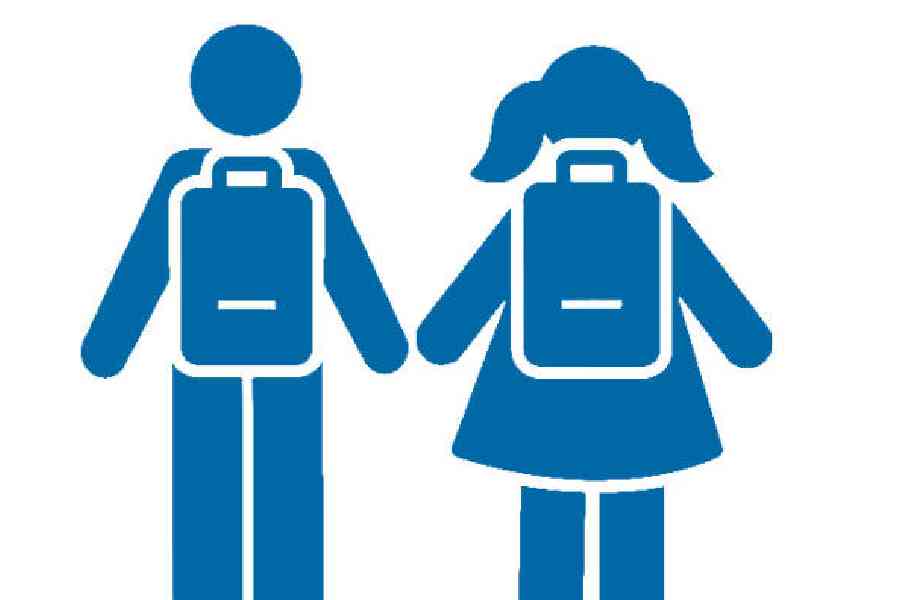Several city schools are going the extra mile to ensure diversity in their classrooms, believing that its absence could hinder students’ ability to think critically, learn from each other, adapt to different environments, and grow socially.
By welcoming children from various communities and religious backgrounds, the schools aim to create inclusive learning spaces that foster empathy, understanding, and appreciation of diverse cultures and customs, principals said.
“We are making conscious efforts to ensure that children from different communities and religions join the school,” said Meena Kak, director of Lakshmipat Singhania Academy. “We don’t want a classroom dominated by one community. Diversity enables students to learn from one another, understand different cultures, and develop mutual respect.”
Admissions processes, which usually begin in August or September and continue until November for kindergarten classes, reflect this intent. At Lakshmipat Singhania Academy, for instance, if a child brings community diversity in a particular year, the school gives that child priority.
A similar approach is seen at Julien Day Group of Schools, which has added a line in its admission form emphasising inclusivity: “Julien Day School is an Anglo-Indian Christian Minority School duly established to fulfil the educational needs of the Anglo-Indian children, but admission is granted to children from other communities irrespective of caste, creed or religion.”
The Newtown School ensures that each classroom has a mix of students. At Calcutta International School, diversity goes beyond community, by balancing ethnicities, appearances, academic needs and abilities. The school also gives additional weightage during admissions to children who bring in diversity.
“International schools exist to encourage students from varied backgrounds to come together. The world is becoming smaller, and students must be prepared to interact with people from different walks of life. They must have the knowledge and skills to adapt,” said Pratima Nayar, principal of the junior school.
Educators agree that early exposure to diversity creates more accepting and respectful individuals. Nayar added: “It’s a process. We encourage children to speak about their cultural experiences during dedicated sessions, which are often integrated with subjects.”
The emphasis is not only on academic learning but also on fostering social development. Social growth doesn’t happen in isolation or in environments that only cater to sameness, said one school head. “As a social institution, it is the school’s responsibility to nurture this growth.”
This growth is often evident at alumni gatherings, said Terence John, director of education and development at Julien Day Group of Schools. “During alumni meets, former students from diverse backgrounds come together, regardless of caste, creed, or religion, sometimes just to reconnect, and other times for a cause. To a large extent, we have been successful in fostering this spirit in school.”
However, John cautioned that in today’s environment, where “hate mongering is rampant” and misinformation spreads rapidly, fostering diversity requires deliberate and consistent effort. “The surroundings influence social growth. Within schools, we must actively maintain harmony,” he said.
Satabdi Bhattacharjee, principal of The Newtown School, had no doubt that an inclusive environment helps children become more empathetic and adaptive. “This openness of mindset must be nurtured from a young age. The school’s primary role is to develop social skills and adaptability,” she said.
Bhattacharjee believes that schools must step up amid rising intolerance. “A simple classroom discussion can sometimes generate more understanding than any sermon outside. Schools must play a deeper role in promoting inclusivity and diversity — consistently creating spaces of love, brotherhood, and camaraderie,” she added.










